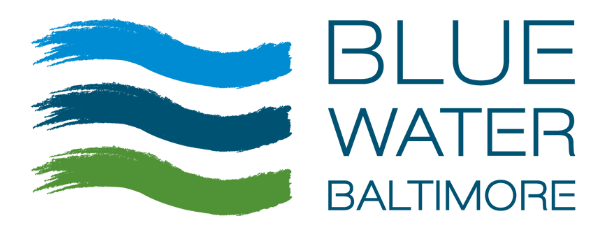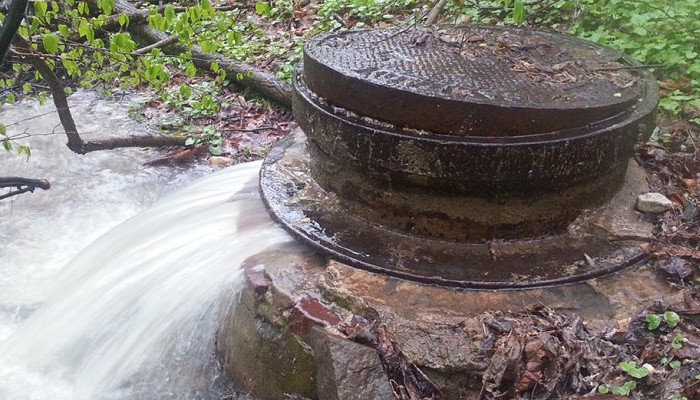Proposed Revision to Sewage Consent Decree Contains Many Positives, But Still Missing A Key Protection for Clean Water
Last year, hundreds of millions of gallons of untreated sewage flowed directly into Baltimore’s streams and harbor from leaking and overwhelmed pipes below our city’s streets. Just last week, a mass of oil, grease, and “flushable” wipes dubbed a “fatberg” caused a 1.2 million gallon backup into the Jones Falls. Heavy rains often bring on the overflows, but we also see significant backups and overflows even in dry weather. A long-term fix for Baltimore City’s sewer system is underway, but will take another 14 years to complete under a key legal document that spells out how and when fixes are to be made.
In 2002, Baltimore City entered into a legal agreement – called a consent decree – with the Environmental Protection Agency (EPA), the State of Maryland, and the U.S. Department of Justice that required the City to upgrade its wastewater system to eliminate sewer overflows by 2016. Unfortunately, the work was far from complete by the end of last year, so state and federal agencies agreed to modify the original consent decree, extending the deadline to 2030.
Blue Water Baltimore formally intervened and became a party to the decree modification process to press regulators to require: measurable progress from infrastructure projects; a plan to help citizens suffering from sewage backups in their homes; and ongoing water quality monitoring to scientifically assess improvements from implemented projects. Thanks to Blue Water Baltimore’s advocacy, the latest draft of the consent decree is greatly improved, and now includes a pilot program to address sewage backups in homes, increased opportunity for public engagement in developing emergency response and implementation plans, and routine posting of monitoring reports online.
Unfortunately, although the new proposed modifications require the city to monitor for bacteria in local streams it also expressly prohibits the use of that data to inform or modify repair work, even if monitoring suggests that water quality is not getting better.
Blue Water Baltimore’s greatest concern has always been that the consent decree is an enforceable, science-based plan to eliminate sewage overflows and improve water quality, as required by the federal Clean Water Act, not simply a static list of projects. That is why we have asked the court overseeing the consent decree to remove this provision before approving the plan. Requiring water quality monitoring but prohibiting the use of the data collected to confirm the effectiveness of repairs undermines the goal for which we are all striving. Baltimore residents deserve to know that their tax dollars are being well spent on infrastructure repairs that improve water quality in our streams.
Blue Water Baltimore is committed to working with the city and all stakeholders to make sure we secure the clean water future our residents deserve. Of all available measures, this consent decree represents the greatest and longest lasting impact we can have on the quality of our water and the health of our watershed.

